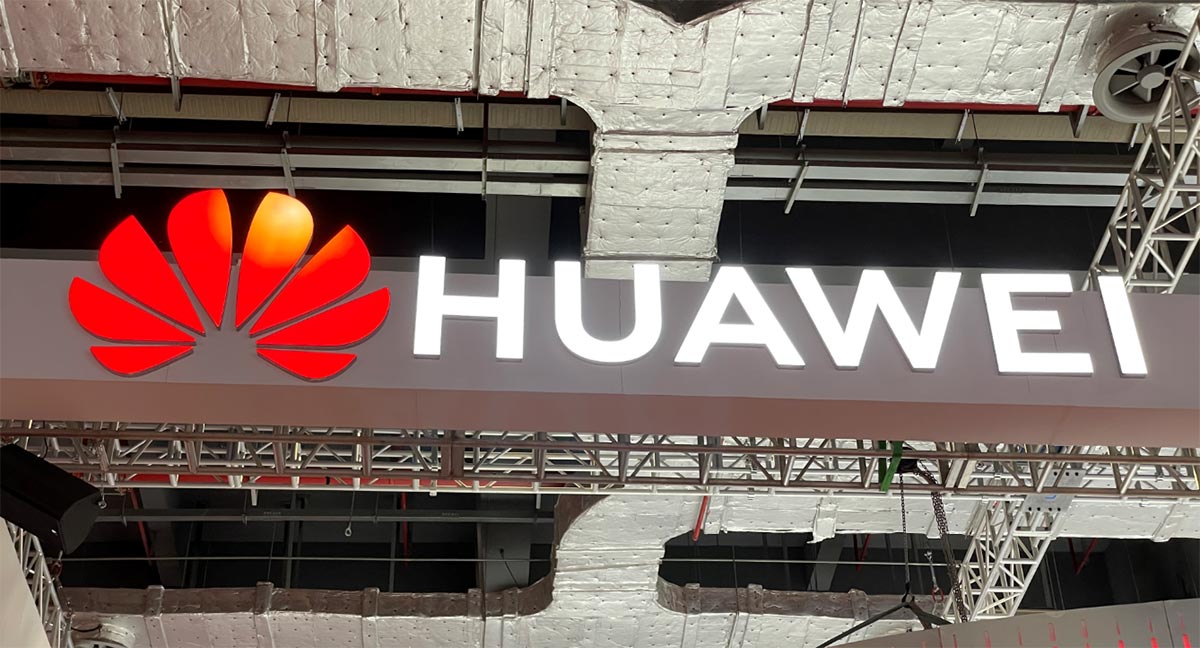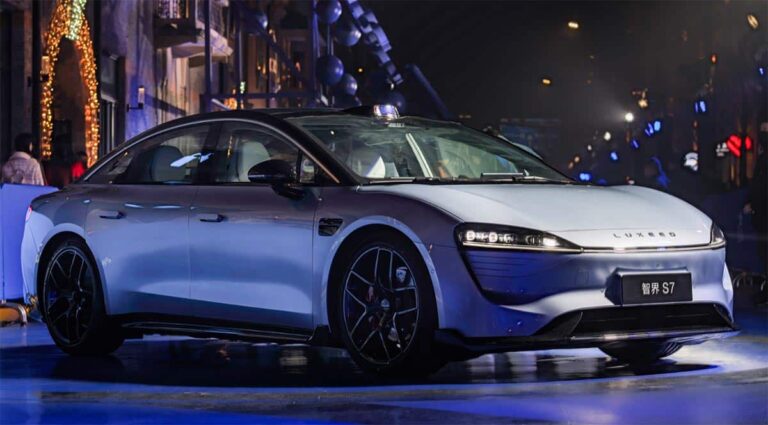The computing unit, called the MDC 810, powers advanced driver assistance systems, according to Reuters.
(Image credit: CnEVPost)
Several Huawei-backed electric vehicle (EV) models have been experiencing delivery difficulties recently, and this is reportedly linked to production issues with the Chinese tech giant's computing unit.
Production problems with a Huawei-made computing unit have forced some Chinese automakers to delay deliveries of their flagship models, Reuters said in a report today, citing five people familiar with the matter.
Changan Automobile and Chery have filed complaints and are in talks to resolve the issue, two people familiar with the matter said, according to Reuters.
Smaller automaker Seres has also been affected, a person familiar with the matter said.
The computing unit, called MDC 810, powers advanced driver assistance systems, according to Reuters.
The MDC 810 allows automakers to offer smart driving features, including autonomous driving on highways and helping drivers avoid traffic jams, similar to Autopilot offered by Tesla (NASDAQ: TSLA) in North America, the report noted.
A source said the production issues were related to a shortage of components in the MDC 810, according to Reuters. The MDC 810 smart driving computing platform began mass production in the first half of 2021.
BAIC's Arcfox-branded Alfa S sedan launched in 2021 also uses the MDC 810. Two people said supply shortages of the MDC 810 have affected Alfa S production in the past.
Seres is the first local carmaker to partner with Huawei to build cars, and the two have jointly created the Aito brand and launched the Aito M5, M7 and M9.
The Aito brand had a lukewarm performance since its launch in December 2021, but the launch of the new M7 in September 2023 turned its fortunes around.
The new Aito M7 has accumulated more than 130,000 firm orders in the four months since its launch, Richard Yu, chairman of Huawei's smart vehicle solutions business unit, said on January 20 on Weibo.
Aito deliveries are currently being hampered by capacity bottlenecks, though its production appears to be on track.
The brand delivered 24,468 vehicles in December, with the new Aito M7 contributing 20,611 units, or 84 percent.
Aito had been continuing to increase its delivery capacity, which is expected to exceed 30,000 units monthly from 2024, it said on January 1.
During January 1-28, Aito had 28,100 vehicle insurance registrations in China, according to data shared yesterday by Li Auto (NASDAQ: LI).
Some other Huawei-backed brands don't seem to be so lucky, though.
Changan's Avatr brand announced on January 25 that deliveries of the Avatr 12 sedan were delayed by an average of two weeks due to extreme challenges in parts supply.
Avatr is offering a subsidy of RMB 200 ($28) per day, up to RMB 15,000 in total , to customers who have seen their Avatr 12 deliveries delayed.
The Avatr 12 was launched on November 10 and began deliveries in December, accumulating more than 5,000 units delivered as of January 25.
Luxeed, the new EV brand jointly created by Huawei and Chery, is also facing delivery difficulties with its first model, the S7.
The Luxeed S7 is currently producing just a few dozen units per day, and the brand is currently promising a 10-12 week wait, according to a January 25 report by local media outlet LatePost.
On January 15, Luxeed said in a Weibo post that the factory was producing the model at full capacity and would offer a subsidy of up to RMB 10,000 to customers whose deliveries were delayed.
($1 = RMB 7.1681)

